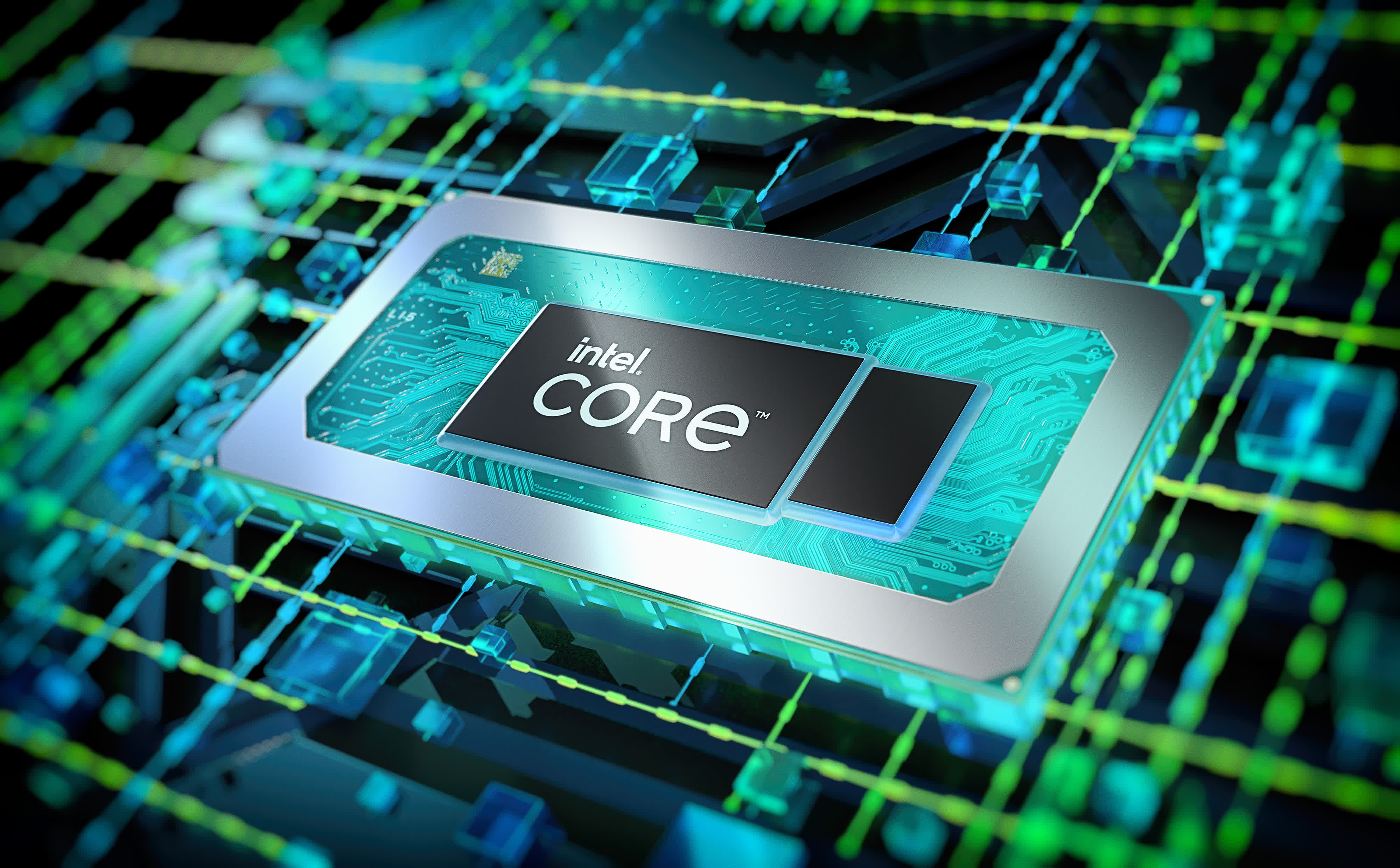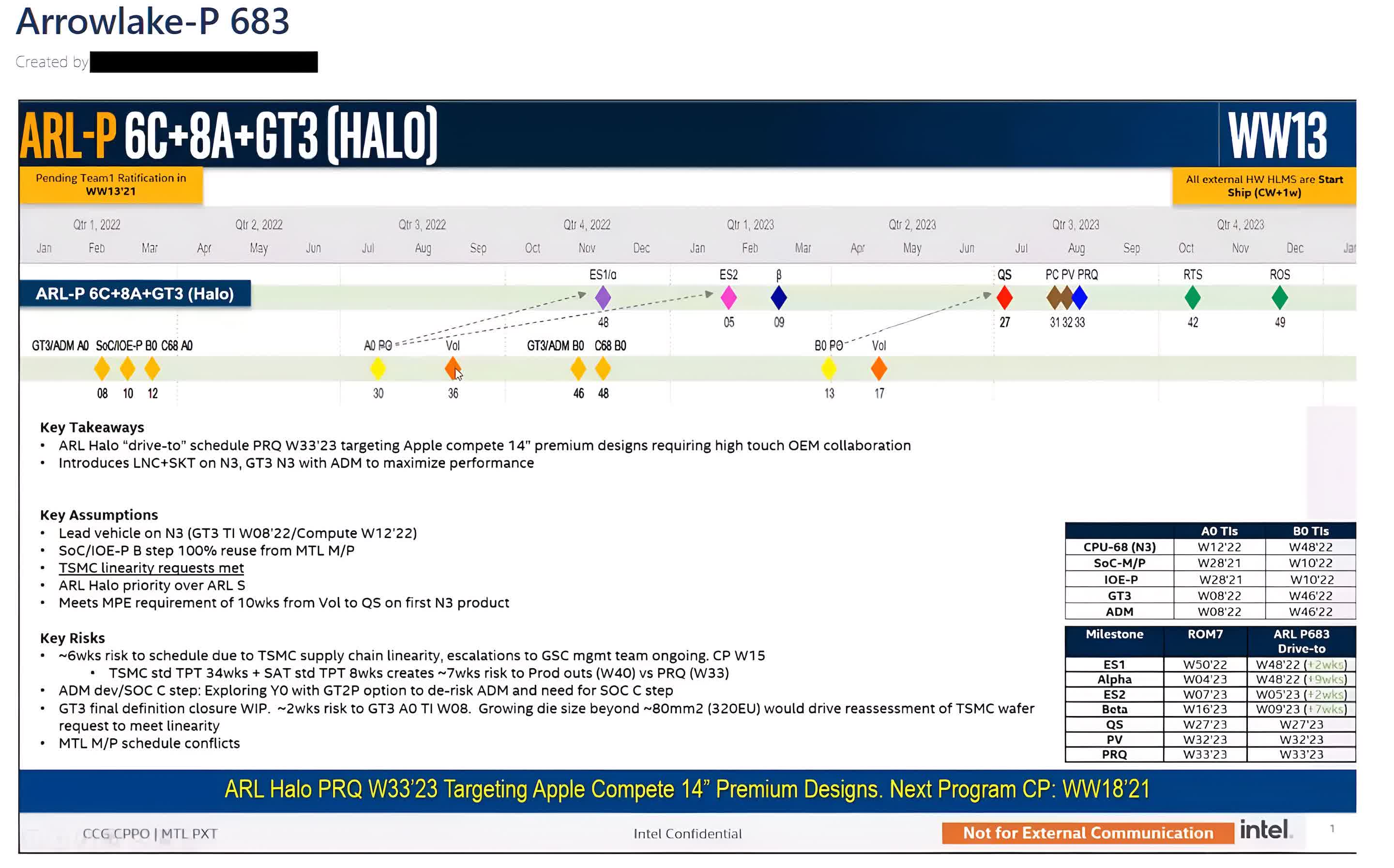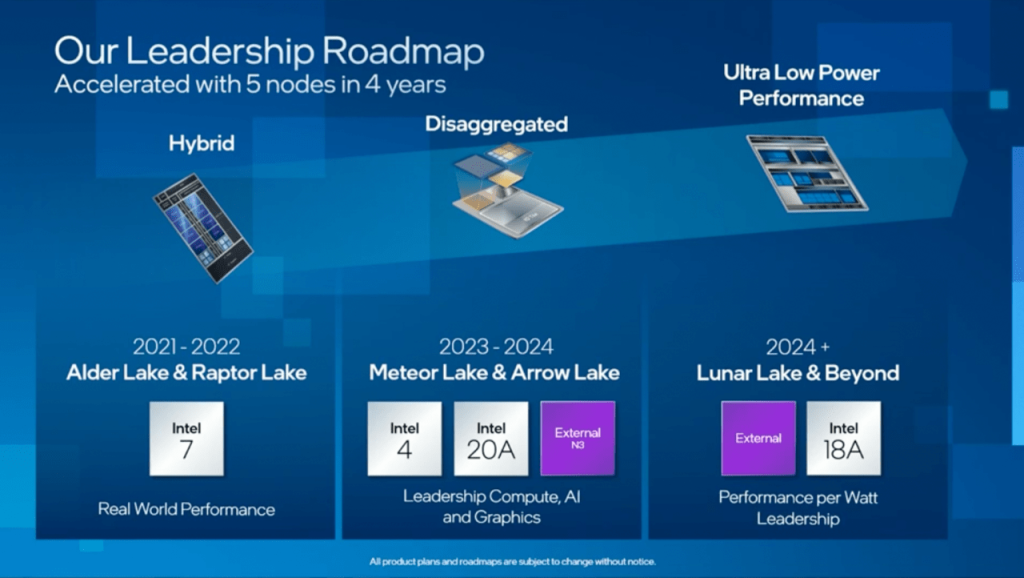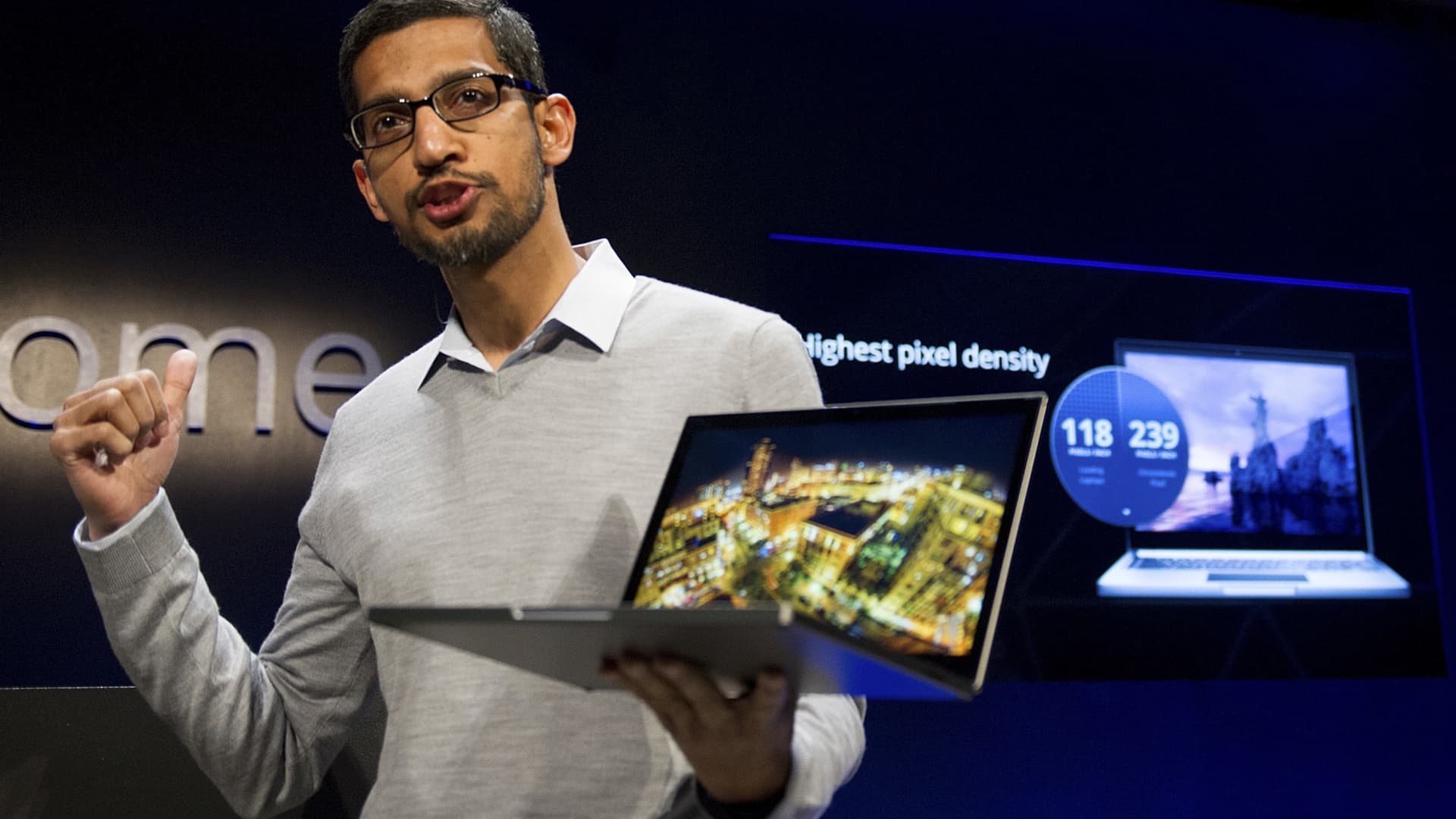Something to look forward to: Intel's most recent technology roadmap seems to suggest Team Blue is increasing the cadence of CPU releases and process technologies. A leaked document suggests the company is prioritizing mobile processors in an attempt to compete with energy-efficient Arm chips such as Apple's M1 Pro and M1 Max.

With Alder Lake, Intel made its first step in a long journey to regain the leadership position in terms of performance against years of increasingly improved AMD Ryzen designs. However, the end goal is to make x86 hardware that is also capable of competing on a performance-per-watt basis with Arm-based solutions.
Intel CEO Pat Gelsinger promised as much during interviews, and he's generally seen as the right person to turn Intel around, even though some in the industry have their doubts. TSMC founder Morris Chang believes Gelsinger is too old for what will surely be a long-term battle that could last beyond his retirement age.
Even so, Gelsinger seems determined to work on the fundamentals of Intel’s business to speed up the process as much as possible. And according to a leaked roadmap shared by AdoredTV, Intel is already working on a new CPU lineup that is designed to compete with Apple’s M1 Pro and M1 Max chipsets.
Specifically, Team Blue wants to have its 15th generation Arrow Lake processors ready to ship by late 2023 or early 2024, and the main focus is on delivering comparable or better performance-per-watt when compared to Apple Silicon.
The roadmap suggests Intel will use TSMC’s 3nm process node to maximize energy-efficiency. Last week, Intel said it would use a combination of its Intel 4 and Intel 20A process nodes alongside TSMC’s N3. Meteor Lake and Arrow Lake CPUs will have a chiplet design with different tiles for the CPU, integrated graphics engine, and IO/SoC. The company might use TSMC’s N3 for the iGPU, which is expected to feature 384 execution units, but this could change throughout the development process.
It’s worth noting Intel’s Core i7-12700H (Alder Lake) CPU already performs quite well against Apple’s M1 Pro, especially in multi-threaded workloads. The M1 Pro still wins in terms of efficiency, but Intel may be able to get close to that with Arrow Lake, which will be built on a combination of smaller process nodes and feature several architectural improvements over Alder Lake.
https://www.techspot.com/news/93541-leaked-roadmap-suggests-intel-wants-catch-up-apple.html


/cdn.vox-cdn.com/uploads/chorus_asset/file/19249963/akrales_190930_3682_0030.jpg)
